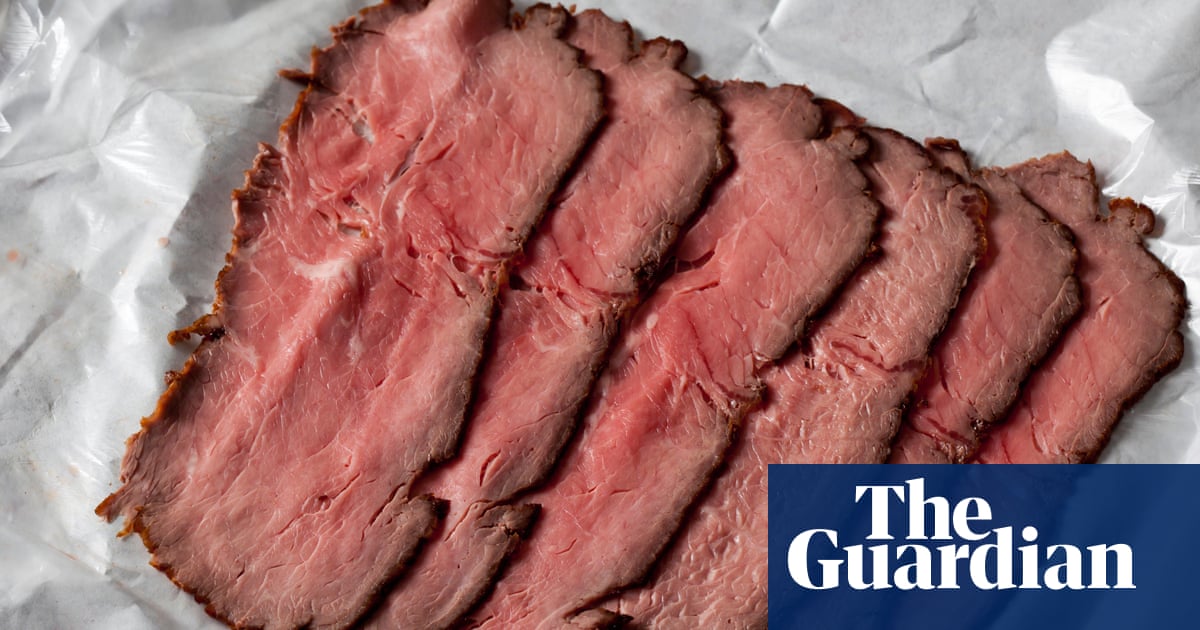
Booths, the supermarket chain known as the “Waitrose of the north”, has confirmed that it is the retailer linked with a possible case of food fraud after imported beef was falsely labelled as British.
The UK’s National Food Crime Unit (NFCU) is investigating the alleged fraud by the unnamed meat supplier. Booths confirmed that it removed the products from its shelves and stopped trading with the supplier as soon as it was alerted.
Prepacked slices of beef and deli products were packaged as if they were from the UK, when they were actually from elsewhere in Europe and South America, the NFCU said. The affected products did not include minced beef, burgers or steak.
The UK’s biggest supermarket chains said they were not affected. Booths said it was “working closely and cooperatively” with the NFCU, and insisted it was “categorically” not under investigation.
“At the point of being made aware of the potential issues in 2021, Booths acted instantly, removing all relevant products from sale, and ceased trading with the supplier with immediate effect,” a spokesperson said.
“Booths would like to confirm that fresh meat, poultry and game products are entirely unaffected by this investigation and that with the exception of the limited selection of cooked meat products impacted in 2021, Booths is absolutely confident in its British-only meat commitment. Issues of provenance, traceability, honesty and authenticity are of the highest importance to Booths and the business has been fully cooperating with and supporting the work of the NFCU for the past 18 months.”
Food fraud has periodically attracted national attention. One of the biggest controversies involved the 2013 revelation that horse meat was mixed into many products labelled as beef only. That scandal, revealed in testing by Ireland’s food safety authority, involved the sale of millions of meals containing horse meat passed off as beef.
The NFCU, which has law enforcement powers, is part of the Food Standards Agency, the UK’s food regulator. It has said that “criminality in the red meat sector” is one of its key targets, with a focus on beef, pork and lamb, generally the most expensive meats.
The unit revealed the investigation in December. It is investigating the directors of a “company responsible for selling large volumes of prepacked meat products to a UK supermarket retailer, who pride themselves on only selling British products”. Investigators were looking at 1.3m documents.
Misrepresenting the origins of food from cheaper countries – particularly those with lower wages or laxer safety standards – can give suppliers a cost advantage over rivals.
Andrew Quinn, the deputy head of the NFCU, said: “The retailer was notified on the same day that we took action against the food business suspected of the fraud and immediately removed all affected products from their shelves.
“The retailer continues to work closely and cooperatively with the NFCU investigation to progress the case against the supplier. This is not a food safety issue, but a matter of food fraud.”
The NFCU said it would not comment further so as not to jeopardise the investigation or any future proceedings.
“Any fraud investigations of this nature take time to go through evidence and bring to any outcome, including any potential prosecution,” Quinn said. “We take food fraud very seriously and are acting urgently to protect the consumer.”












